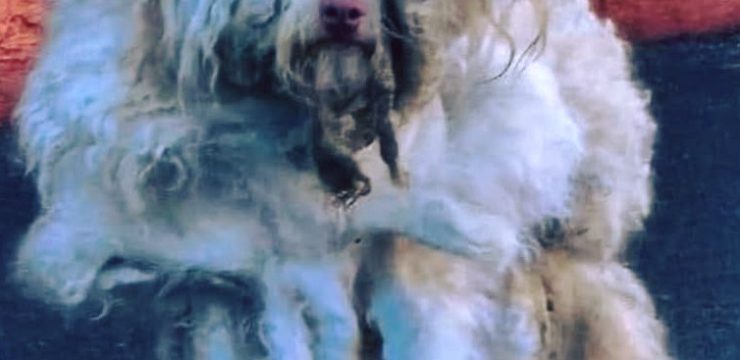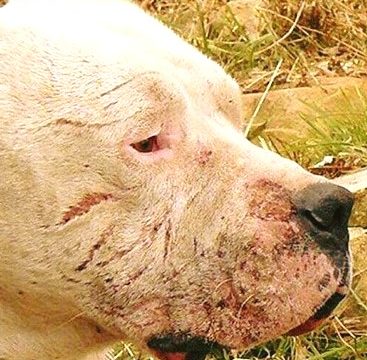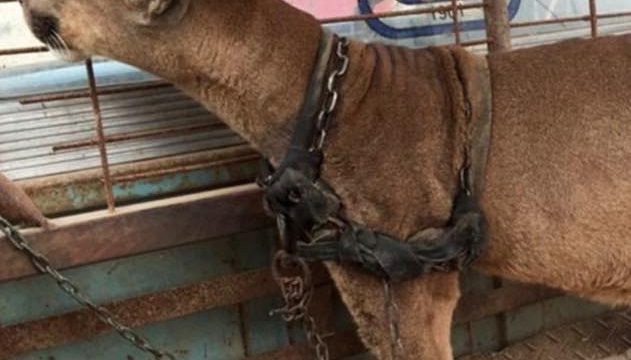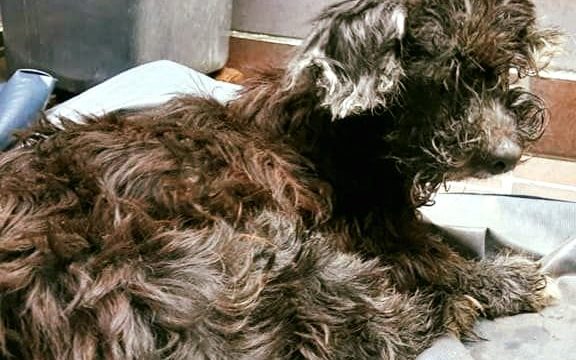Television host Oriini Kaipara, known for her striking moko kauae, a traditional Māori face tattoo, recently responded with grace and resilience to negative comments from a viewer. Her response not only showcased her cultural pride but also underscored the importance of preserving and respecting cultural identity.
Facial tattoos often spark debate online, with some individuals believing tattoos should be restricted to the body, while others appreciate their cultural significance. For the Māori people, the moko kauae carries deep meaning, serving as a testament to heritage and identity. These tattoos, traditionally located on the lips and chin, symbolize a woman’s family connections, her role as a community leader, and her ancestral lineage, social standing, and capabilities.

Kaipara, aged 41, made history as a groundbreaking television presenter in New Zealand. She joined Newshub as a newsreader, becoming the first-ever primetime TV news anchor to proudly display a moko kauae on screen. Her achievement represented a significant milestone for both the broadcasting industry and Māori cultural representation.
Despite widespread praise for Kaipara’s groundbreaking role, not everyone welcomed her presence. A viewer named David expressed his dissatisfaction in an email to Newshub, criticizing Kaipara’s moko kauae. The Daily Mail reported his complaint, which read: “We strongly oppose the use of a Māori newsreader with a moku [sic] that looks offensive and aggressive. It’s not a good look. Additionally, she speaks in the Māori language, which we don’t understand. Please stop it immediately.”
Kaipara, however, did not shy away from addressing the issue. Demonstrating her characteristic poise, she shared a screenshot of David’s message on her Instagram story. Alongside the post, she revealed her decision to respond directly, a departure from her usual practice of ignoring negative comments.
“Today was the day I had enough,” she wrote. “I finally responded, which is something I never do. I went against my own principles and clicked the send button.” Kaipara’s email to David reflected her composure and determination to educate rather than retaliate. She pointed out the error in his spelling of “moko,” correcting him with a subtle but firm tone. Additionally, she emphasized that his complaint lacked merit, stating there was “no violation of broadcast standards.”
In her email, Kaipara highlighted that David’s criticisms were rooted in personal bias rather than any objective concern. She wrote, “Your complaints seem to be based on your personal preferences regarding how people should appear on screen. Moko and those associated with them should not be subjected to discrimination, harassment, or prejudice as they are not threatening.”
Kaipara continued, “We have no intention to cause harm or ill will, and we/I do not deserve to be treated with such disrespect. Kindly refrain from further complaints and try to overcome your cultural ignorance and bias, as if you were living in the 1800s.”
Her response resonated with many who applauded her courage and commitment to standing up for her cultural heritage. While David’s harsh criticism may have highlighted lingering prejudices, Kaipara noted that such negativity was the exception rather than the rule. She shared that most feedback she receives is overwhelmingly positive, with very few “mean trolls” attempting to diminish her success.
In an interview with the New Zealand Herald, Kaipara emphasized the importance of increased representation for Māori individuals in various fields. She noted that her visibility as a news presenter, despite triggering some negative reactions, underscored the need for more advocates to challenge stereotypes and promote cultural understanding.
“My presence alone is enough to make some people uncomfortable,” she said. “But that discomfort is necessary. It’s a sign that we’re pushing boundaries and creating space for more Māori voices to be heard.”
Kaipara’s dignified response serves as a powerful reminder of the importance of cultural pride and resilience. Her actions inspire others to embrace their identities unapologetically and to confront discrimination with strength and grace. By standing firm in her convictions, she not only defends her heritage but also sets an example for future generations.
This story highlights the broader conversation about the value of cultural symbols and their place in modern society. For the Māori community, moko kauae is far more than a tattoo—it is a living expression of identity, history, and pride. Kaipara’s journey reminds us of the importance of respecting and celebrating cultural diversity in all its forms.
What do you think about Oriini Kaipara’s story? Share your thoughts in the comments below and join the conversation on embracing cultural identity and breaking down prejudices.





